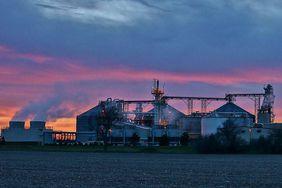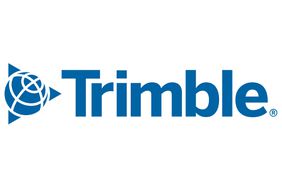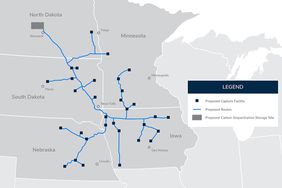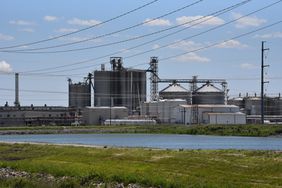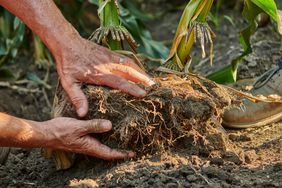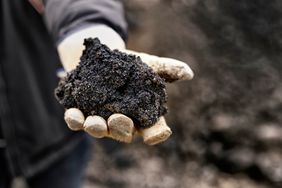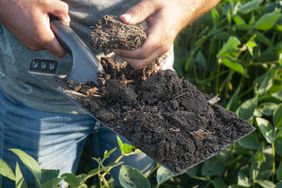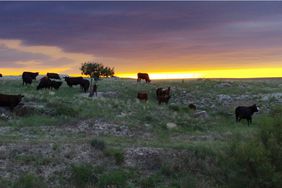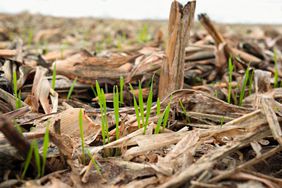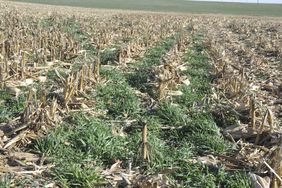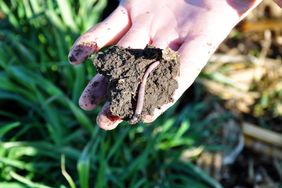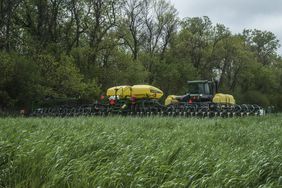:max_bytes(150000):strip_icc()/datacellphone-2-5fd79b38acf9488099f44c3e07cd0175.jpg)
Whether quantifying carbon sequestration for a voluntary market or justifying each nutrient application, farmers are measuring more data than ever. While it may seem like an unnecessary hassle to some, others view it as a unique revenue opportunity.
"There's a few reasons that I care about data so much," says Lukas Fricke, a Ulysses, Nebraska, farmer. "First is profitability. I want to make sure I have an accurate accounting of every single thing that I put out there because stuff costs a lot of money. There's also the sustainability aspect because there's this data duality, especially for our farm. Every single pass across that field can go against us when it comes to our overall carbon credit score."
- READ MORE: How to unlock the secrets in soil test data
While many farmers are already collecting agronomic data, new programs, including carbon markets, often need more data than is automatically captured by the tractor. For example, farmers looking to profit off reduced tillage may need to manually record what equipment is being used in the field day to day.
The vast amount of data required by programs such as Land O'Lakes' Truterra carbon market is often a barrier for farmers, says Jennifer Wells, an agronomist for Truterra.
"Unfortunately, we can't purchase something we can't sell," Wells says. "In order to prove to [consumer packaged goods companies] and the carbon market that growers are sustainable, we have to have data to back it up. In the past, there's really been no value to that data, other than looking at your ROI. Now there is value to it."
- READ MORE: Tech companies hone in on carbon measurement
More intense data collection can help farmers better understand their operation and allow for changes in production practices.
"Farmers don't know how sustainable they actually are until they start putting the pencil to the paper," Fricke says. "The cool opportunity for conventional agriculture right now is we have a much larger positive impact than what we think. If we keep applying book values to all this, we're never going to adopt new technologies, new products, or new fertilizer blends because there's no data showing us to do something differently."
The sheer number of data tools available to farmers can be overwhelming. The inability to connect across platforms may add hours to an already busy schedule.
"Growers have to be scientists, economists, and agronomists," Wells says. "They're doing all these things, and to keep up with all of that data is a big chore. What we need as an industry is more [application programming interfaces] and our systems talking to each other. We need more things like the farm mobile hubs that are capturing our data that can go directly into our system."
New Platforms
As more farmers get involved in high-level data collection, industry leaders will create platforms to streamline the process. Companies such as Corteva Agriscience are investing in new platforms to integrate systems already in place with new revenue streams.
"Carbon has been our first venture into this space," says Casey Mattke, U.S. digital systems leader for Corteva. "The primary purpose of collecting data is to drive the agronomy enterprise. Carbon has presented an opportunity to use that same data, to add a revenue stream for the farm. Corteva gets to sit on the same side of the table as the grower and help leverage some of the things that they are already doing to different audiences."
Other Benefits
Getting into the habit of good data collection now could pay off in the long run, even if a farmer isn't interested in signing a carbon contract.
"The trend of farmers using the data they're collecting to drive additional revenue isn't going away," Mattke says. "As new economic opportunities start to emerge, getting a good practice of capturing and transferring data allows growers to take advantage of those other markets for that data and earn money back for practices they already care about."
As with any new contract, farmers should think carefully about who sees their data. "There's two things growers need to ask," Mattke says. "Number one, what happens to the data? Number two, am I actually generating an asset from that data? Understanding those things is really important from a data privacy perspective."
As data collection becomes more technological, the ability to connect to the internet will also gain importance.
"Rural broadband is a major topic for a lot of reasons," Mattke says. "We have good options, online and offline, to capture data. When you're offline, it comes down to the amount of work it takes to do things like data transfer. Every one of those steps is another investment of time and effort, so what's the incentive for growers to build data in multiple places?"
:max_bytes(150000):strip_icc()/headshot-bc4ff3c0c50c4e1cb8156ba02e8bf428.jpg)
